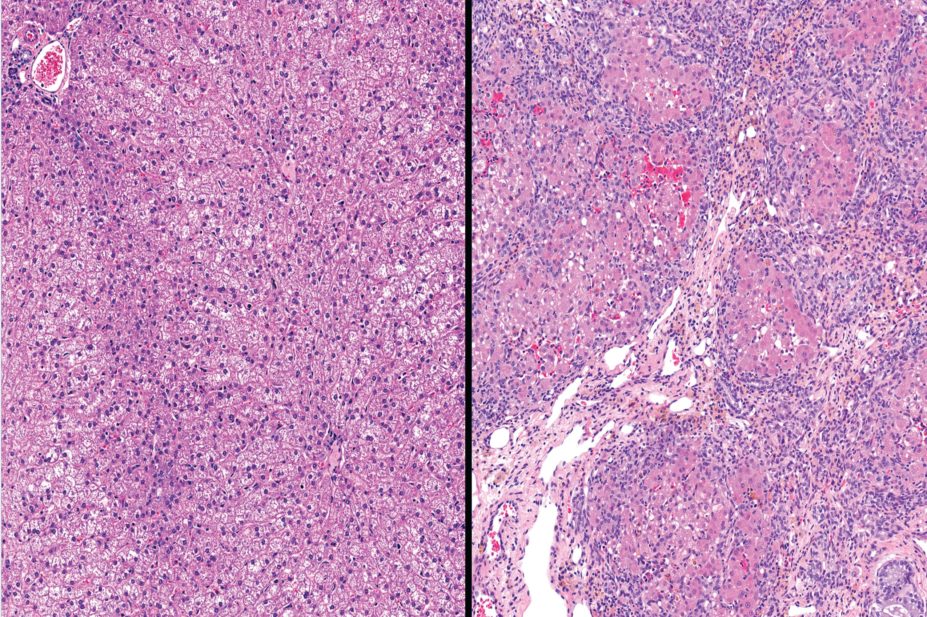
Shutterstock.com
Direct-acting antivirals (DAAs) for chronic hepatitis C (HCV), do not seem to have any effect on the risk of hepatitis C-related morbidity or all-cause mortality, according to a study carried out by the Cochrane Hepato-Biliary Group[1]
.
The study, published in the Cochrane Database of Systematic Reviews (online, 6 June 2017), set out to review the benefits and harms of DAAs in people with chronic HCV. It examined the results from 138 randomised clinical trials conducted between 2004 and 2016 of DAAs either on the market or under development (84 trials), or those that had been withdrawn from the market (57 trials). The trials featured both treatment-experienced and treatment-naïve patients.
The researchers found that while it appears that DAAs are successful in clearing the HCV from the blood, there is no evidence that they prevent harm from the disease or save lives because the virus can still reside elsewhere in the body.
“It is never possible to show that something does not work, but there is no evidence [that they do]. Our results indicate [the drugs] may have no clinical effect,” says Janus Christian Jakobsen, chief physician at a clinical trial unit in Copenhagen and deputy co-ordinating editor of the Cochrane Hepato-Biliary Group.
“From a patient perspective, it does not matter if the virus cannot be detected in the blood if DAAs do not improve survival or lead to fewer hepatitis C complications,” he adds.
DAAs are molecules that target specific non-structural proteins of HCV, resulting in the disruption of viral replication and thereby infection. There are four classes of DAAs, defined by their mechanism of action and therapeutic target. They were initially welcomed as a breakthrough treatment for hepatitis C after they were observed to clear HCV from the blood within 12 weeks.
However, at a price tag of around £30,000 per patient for a 12-week course, experts from the World Health Organization have previously voiced concerns about the affordability of DAAs.
In its review, the Cochrane Hepato-Biliary Group concludes that “the lack of valid evidence and the possibility of potentially harming people with chronic hepatitis ought to be considered before treating people with hepatitis C with DAAs.”
References
[1] Jakobsen J, Nielsen E, Feinberg J et al. Direct-acting antivirals for chronic hepatitis C. Cochrane Database Syst Rev 2017;6:CD012143. doi: 10.1002/14651858.CD012143.pub2
You may also be interested in

Genomics surveillance programme for hepatitis C launched by UK Health Security Agency

How we treated more than 100 hepatitis C patients at pharmacist-led clinics in North Wales
